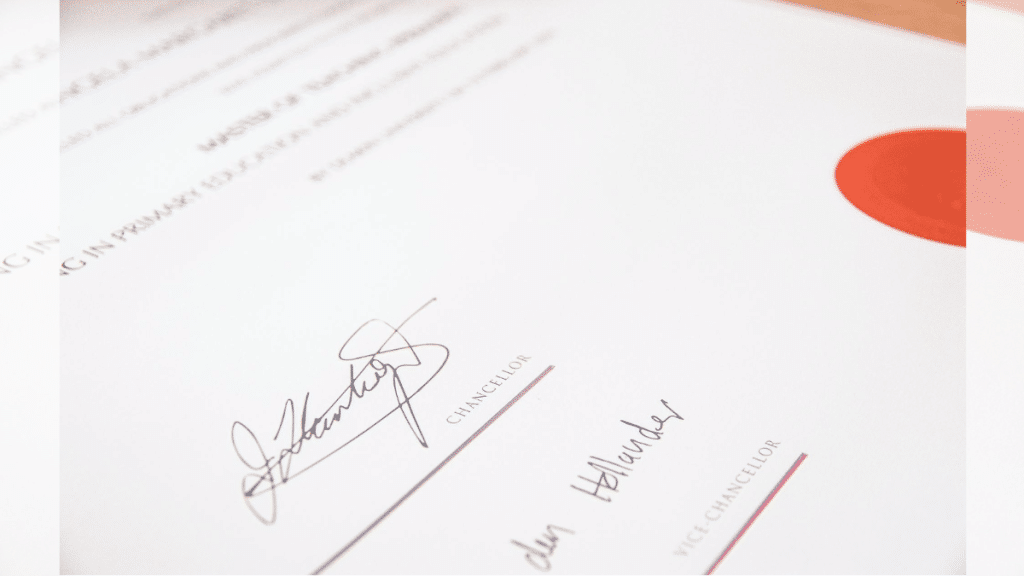In the medical field, ACLS certification represents a crucial qualification for healthcare professionals. This certification is a testament to one’s expertise in handling critical cardiac emergencies. However, medical practices are constantly evolving, making the renewal of ACLS certification not just necessary but indispensable for high-quality patient care. Keep reading to understand how maintaining a current ACLS certification is not just about retaining a qualification—it’s about saving lives.
How Renewing Your ACLS Certification Enhances Patient Outcomes
One of the most compelling reasons for timely ACLS renewal is the direct impact it has on patient outcomes. Being current with ACLS certification means you are well-versed in the latest evidence-based techniques for resuscitation and emergency cardiovascular care. Such knowledge is instrumental in improving survival rates and reducing the time it takes to stabilize a patient in critical condition.
Renewal courses often include simulations and practical assessments that help to fine-tune your response to real-life scenarios. This hands-on approach to learning not only refreshes previously acquired skills but also enables the healthcare provider to perform with greater precision during an actual cardiac emergency.
Patients receiving care from professionals who regularly renew their ACLS certification also benefit from reduced chances of complications. Updated knowledge of ACLS ensures proper application of procedures such as defibrillation, airway management, and medication administration—each of which has the power to sway the patient’s recovery trajectory significantly.
Navigating Changes in Protocols: The Role of Continuous ACLS Education
Medical research brings forth new discoveries and improvements at a rapid pace, and ACLS protocols are frequently updated to reflect these advancements. Continuous education through certification renewal becomes indispensable for bridging the knowledge gap that can form over time. With each renewal cycle, healthcare providers are brought up to speed with the current standards and practices in cardiac care.
The focus on recent advances is not merely academic; it encompasses practical adaptations to existing procedures and the introduction of new life-saving tools and medications. As these components become integrated into the ACLS algorithms, your renewal course is where you will encounter and learn to implement them effectively.
The regular renewal of ACLS certification also fosters a culture of learning and professional development within the healthcare community. It encourages healthcare workers to stay curious and proactive about the latest in cardiac care, thus maintaining a workforce that is well-prepared for innovation and change.
Addressing the Legal and Professional Implications of ACLS Certification
Professional standards for healthcare workers often include the requirement of a valid ACLS certification, particularly for those in critical care settings. Not staying current with ACLS renewal can, therefore, have significant legal and employment consequences. It might affect your standing with employers, credentialing bodies and could result in losing the privilege to practice in certain medical capacities.
The liabilities associated with practicing without a current ACLS certification can be severe. In the event of a negative outcome, if it becomes known that the healthcare professional’s certification had lapsed, it could result in legal repercussions. Renewing your certification ensures that you remain within the bounds of regulations, protecting yourself and your patients legally and ethically.
Professional credibility is another aspect affected by the status of your ACLS certification. Your colleagues, as well as the broader medical community, regard current credentials as a reflection of professional dedication. Not keeping your certification up to date can undermine your reputation and raise questions about your commitment to your role and responsibilities.
Building Confidence and Preparedness Through Regular ACLS Renewal
The personal benefits of regular ACLS certification renewal extend beyond maintaining proficiency in procedures. For healthcare providers, it reinforces confidence and reduces anxiety in emergency situations. Knowing that your skills are sharp and current helps to maintain composure when confronted with a critical case, enabling you to provide the best care possible.
Preparedness, brought about by ongoing ACLS education, can also lead to better leadership during emergencies. When you are certain of your abilities and updated knowledge, you naturally take charge, guiding your team through protocol steps confidently and decisively. This can be particularly crucial in situations where teamwork is essential to the patient’s survival.
Overall, the regular renewal of ACLS certification is an essential aspect of healthcare that safeguards the quality of patient care, fosters the professional development of healthcare providers, and ensures readiness for cardiac emergencies. Altogether, it’s an integral component in the pursuit of excellence in healthcare, highlighting the importance of constant learning and the critical impact of advanced skills on patient outcomes.
